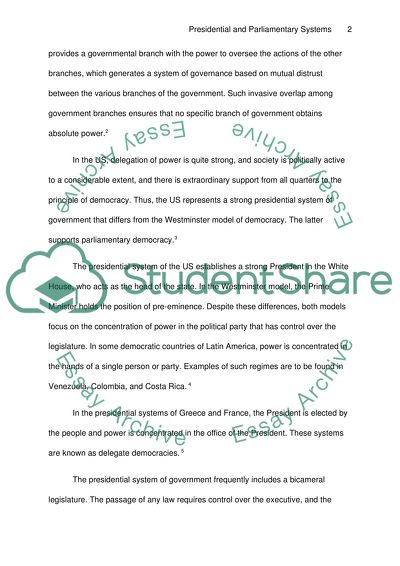Cite this document
(“Presidental and Parliamentary Systems of Government Term Paper”, n.d.)
Retrieved from https://studentshare.org/law/1399166-found-in-instructions
Retrieved from https://studentshare.org/law/1399166-found-in-instructions
(Presidental and Parliamentary Systems of Government Term Paper)
https://studentshare.org/law/1399166-found-in-instructions.
https://studentshare.org/law/1399166-found-in-instructions.
“Presidental and Parliamentary Systems of Government Term Paper”, n.d. https://studentshare.org/law/1399166-found-in-instructions.


